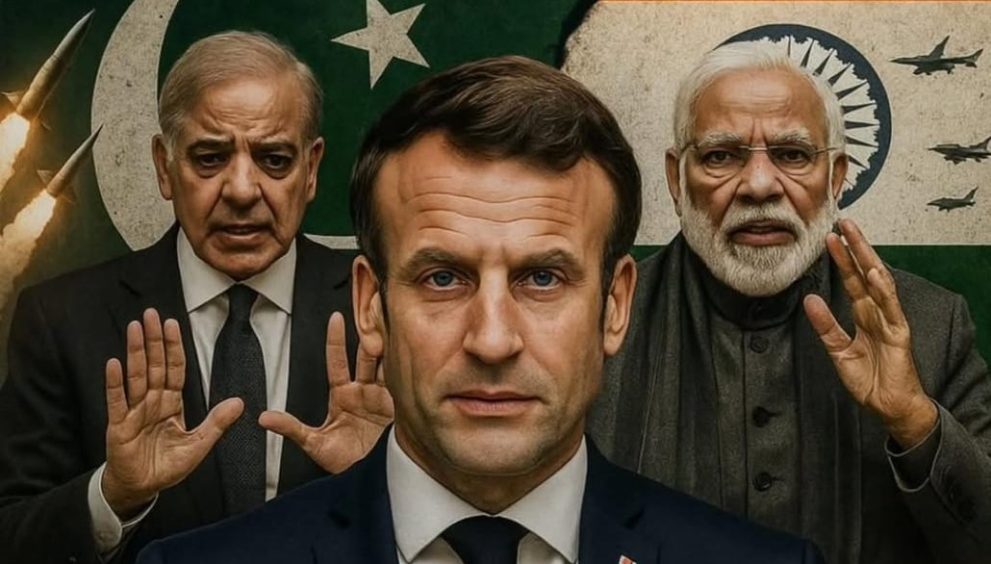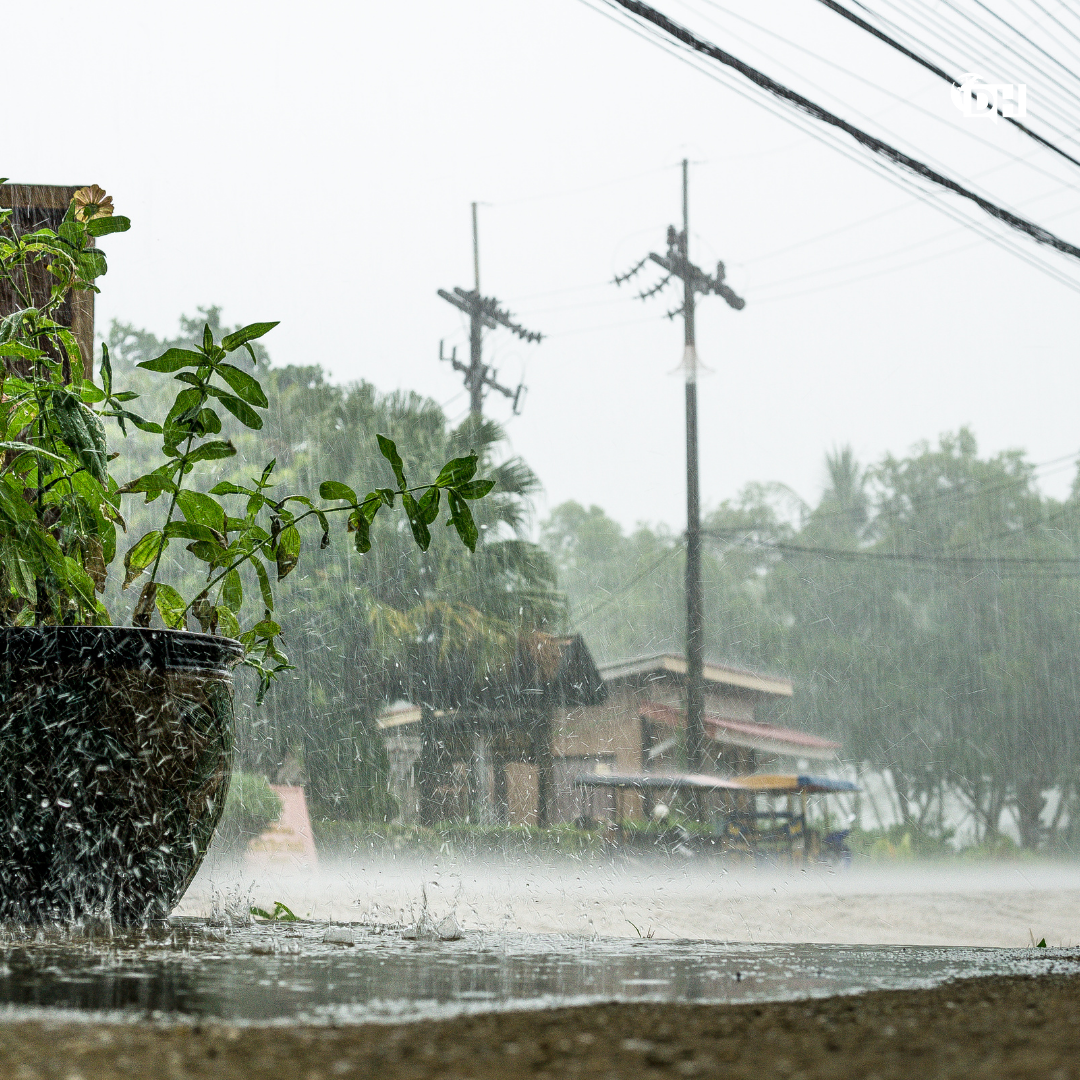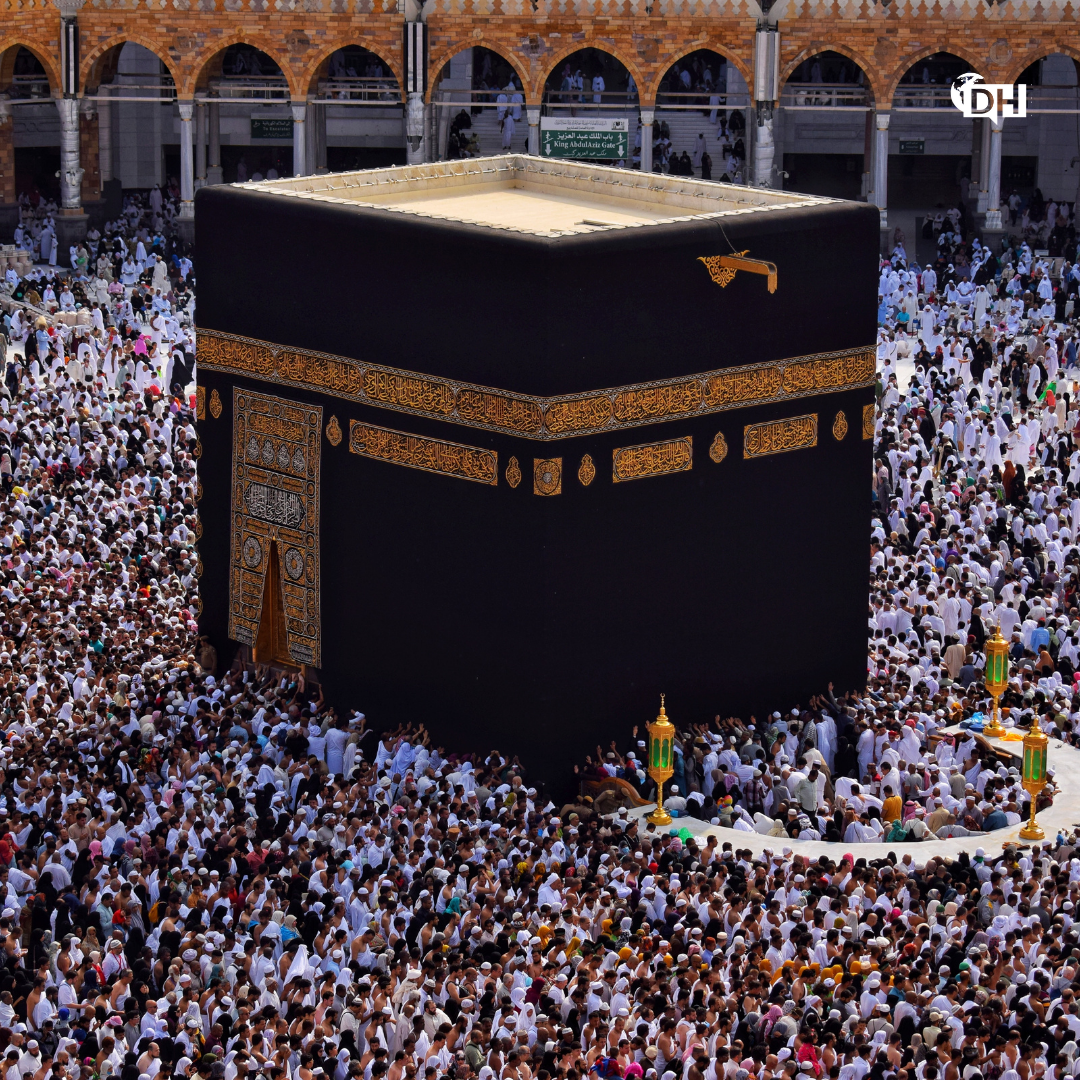French President Emmanuel Macron has described the recent India-Pakistan war as one of the most intense aerial conflicts witnessed in the last decade. His remarks came during a high-profile defense briefing where he outlined a new strategic vision for France’s military future and global readiness amid rising global tensions.
Macron’s statement carries significant geopolitical weight, particularly as Europe, Asia, and the Middle East face escalating military challenges. From Russia’s prolonged invasion of Ukraine to new conflict zones emerging in South Asia and the Middle East, Macron emphasized that global peace is under threat.
Macron made a dramatic change when he declared that France would double its defense expenditure by 2027, three years ahead of the initial 2030 estimate. He disclosed that by 2027, the defense budget, which was €32 billion in 2017, will rise to €64 billion. This action is presented as essential for France’s participation in NATO and global crisis response, in addition to its own security. “To remain free in the world, we must be powerful,” Macron declared during the announcement, reaffirming France’s commitment to strategic autonomy.
His words underscore a growing consensus among Western powers: military preparedness is no longer optional, it is essential.
While outlining reasons for the budget boost, Macron referred to several global flashpoints, with particular emphasis on the India-Pakistan war. He highlighted how the recent aerial conflicts between the two nuclear-armed neighbors have become a case study in how rapidly regional tensions can spiral into major security concerns for the global community.
Though not a direct participant, France, as a nuclear state and permanent member of the UN Security Council, has expressed concern over the India-Pakistan war due to the potential for escalation into a broader international crisis. Macron’s labeling of it as one of the “most intense aerial conflicts” of the past ten years elevates its significance in the global strategic calculus.
Defense analysts point to the downing of surveillance drones, high-altitude airspace violations, and near-daily sorties along the Line of Control as reasons the conflict has gained this distinction. Both India and Pakistan have accused each other of initiating hostilities, but neither side has formally declared war.
President Macron’s remarks highlight the wider repercussions of unbridled military escalation in addition to the India-Pakistan conflict. He places the war among the biggest threats to international stability by mentioning it in the same sentence as Iran and Ukraine.
The inclusion of aerial conflicts in his defense strategy briefing also reflects how modern warfare has evolved. Airpower dominance and border control have become central to contemporary defense policy, and nations must adapt accordingly. Moreover, Macron’s decision to accelerate defense spending may prompt other NATO allies to follow suit, signaling a broader shift toward militarization in response to international uncertainty.
Macron’s framing of the India-Pakistan war as a major aerial flashpoint of the decade highlights the growing seriousness with which world powers view South Asian stability. His bold commitment to boost the France defense budget reflects the shifting tide in global diplomacy, where peace requires power, and preparedness is non-negotiable.







